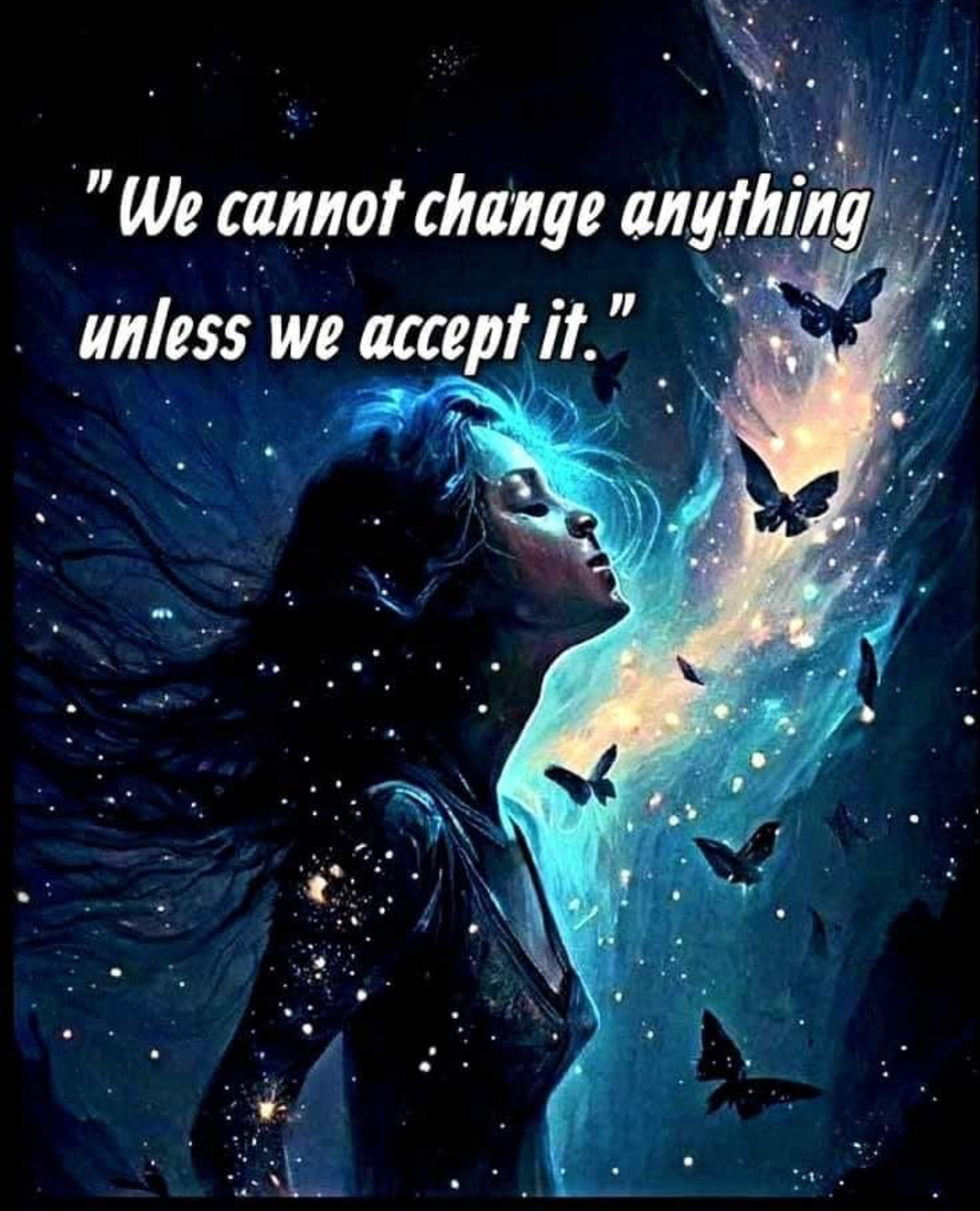
Healing Trauma Begins with Acceptance
Trauma can often feel like an insurmountable mountain, a weight that we carry unknowingly through life. It’s a silent force that impacts our thoughts, emotions, and actions, even when we try to push it aside. In order to heal, we must first acknowledge the pain and accept it as a part of our story. This is the first step in healing trauma—embracing it fully, without resistance, and allowing it to guide us towards transformation.
As an award-winning trauma expert, I have witnessed firsthand the profound healing that takes place when clients embrace their trauma, instead of avoiding or denying it. Acceptance is not about condoning what happened; it’s about recognizing the event for what it was and understanding how it shaped us. Only then can we begin to heal emotional wounds and break free from the cycle of pain.
The Cost of Denial: How Avoiding Trauma Keeps Us Stuck
Many of us instinctively avoid confronting painful experiences. It’s a natural defense mechanism—the mind’s way of protecting us from further hurt. However, denial often prolongs the suffering. When we suppress or ignore our trauma, it festers beneath the surface, showing up in other ways: anxiety, depression, anger, or physical ailments. These are the body’s cry for help, signaling that healing is necessary.
Healing trauma starts when we choose not to let the past control us any longer. Acceptance is the key that unlocks the door to freedom. By facing our pain, we allow ourselves the opportunity to overcome trauma and live with more peace, resilience, and joy.
Acceptance: The First Step to Healing
To begin healing, we must first accept our past and the emotions tied to it. This acceptance does not mean giving power to the trauma, but instead, acknowledging that it has shaped our present in ways we might not fully understand. Only through this mindful acknowledgment can we start to heal from emotional wounds that have held us back for far too long.
Self-compassion is a powerful tool in this process. When we approach our trauma with kindness and empathy, instead of shame or guilt, we create an environment where true healing can occur. As we forgive ourselves and the circumstances that hurt us, we pave the way for emotional recovery.
The Role of Compassion in Acceptance
Compassion is essential in the trauma healing process. Many survivors feel shame or guilt for the experiences they’ve endured, but it’s crucial to understand that trauma is not the survivor’s fault. By extending compassion to ourselves and others, we create the space for true healing to begin. This practice can involve forgiving ourselves for perceived mistakes, acknowledging our strengths in overcoming adversity, and releasing the guilt that often accompanies trauma.
How Mindfulness Supports Trauma Healing
Mindfulness plays a critical role in the healing process. When we bring our awareness to the present moment, without judgment, we break free from the cycle of painful memories and emotions. Mindfulness techniques, such as meditation and deep breathing, allow us to ground ourselves in the here and now, where healing can take place. By staying present, we stop reliving the past, enabling us to truly accept what has happened and move forward with peace.
The Path to Emotional Healing: From Acceptance to Recovery
Recovery is not an instantaneous process—it’s a journey that requires patience, self-compassion, and time. The path to healing is unique for each person, but the process begins with acceptance. By embracing our trauma, we can transform our pain into power and our suffering into strength. This process of transformation leads to a renewed sense of self-worth, resilience, and joy in life.
Key Takeaways:
- Acceptance is the foundation of trauma healing—it allows us to confront our pain and move forward.
- Self-compassion and mindfulness are essential in the healing process, as they promote emotional recovery and resilience.
- By acknowledging and embracing our trauma, we free ourselves from its control and begin the journey toward emotional peace.
Are you ready to start your trauma healing journey?
If you’ve been holding onto past pain, acceptance is the first step toward a brighter, more peaceful future. Healing takes time, but with the right tools, such as mindfulness and self-compassion, you can begin to move past your trauma and live a life filled with joy and inner peace. Contact me today to begin your journey.
